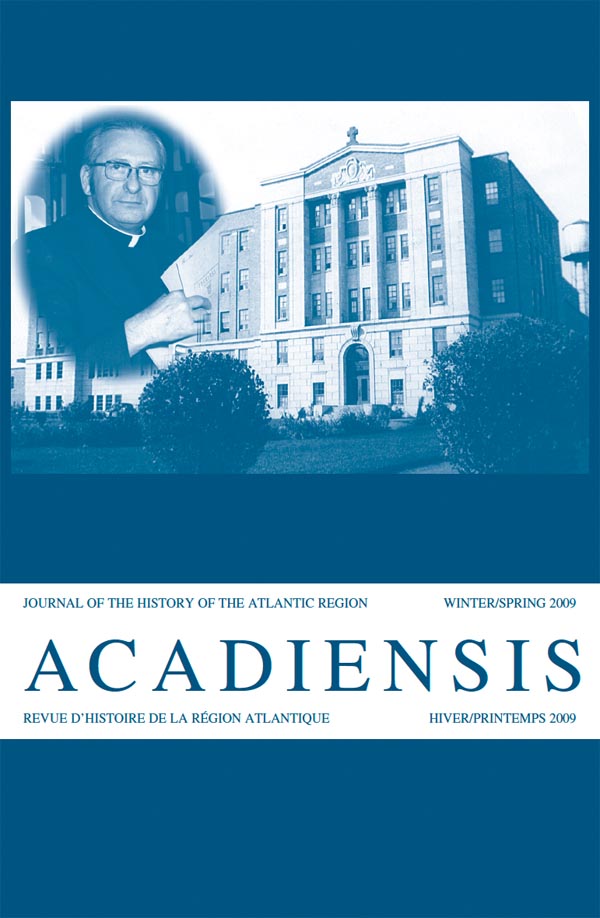Abstract
In rural Nova Scotia, until the 1970s, charivaris followed certain marriages and occasionally other notable socio-cultural events (either contentious or praiseworthy). This tradition’s complex meaning helps to explain its persistence as part of the ongoing scrutiny and sanctioning of behaviour in rural communities. Its stated purpose as a "welcome," noise-invoking names, cacophonous ritual means, accompanying sexualized trickery, and rural location demonstrate that the event’s main concerns were with the reproduction of individuals and communities while placing the responsibility for this mainly upon women. Résumé Jusque dans les années 1970, certains mariages et parfois d’autres événements socioculturels notables (controversés ou louables) étaient suivis de charivaris dans la Nouvelle-Écosse rurale. La signification complexe de cette tradition aide à expliquer sa persistance alors que les comportements dans les localités rurales étaient surveillés de près et sanctionnés. Son but déclaré de souhaiter la bienvenue, les noms évoquant des bruits, sa fonction de rituel cacophonique, les blagues à caractère sexuel qui l’accompagnaient et son déroulement en milieu rural démontrent que cet événement se rapportait avant tout à la reproduction des individus et des communautés, tout en attribuant cette responsabilité principalement aux femmes.Copyright for articles published in this journal is retained by the author(s), with Acadiensis being granted a non-exclusive licence to each and every right in the work throughout the world. After publication of the work, the author(s) shall have the right to self-archive the work and to reprint the work in whole or in part in books authored by or edited by the author(s) without the payment of any fee. In these other formats, however, the author or authors are required to acknowledge the original publication of the work in the pages of the journal. In the case of any requests to reprint the work, Acadiensis will require a standard permission fee -- to be divided equally between the journal and the author. In the event that such requests are received by the author(s), the author(s) shall direct such requests to the journal.

